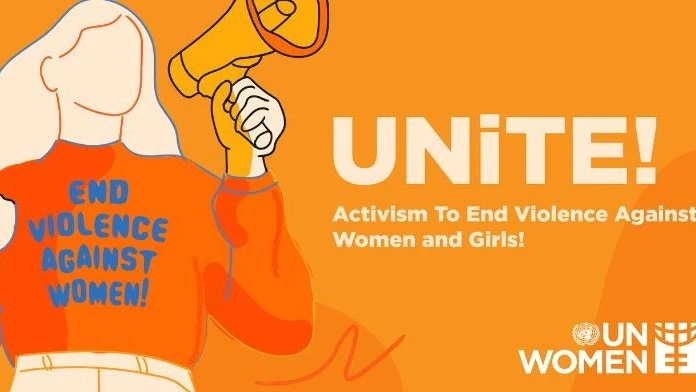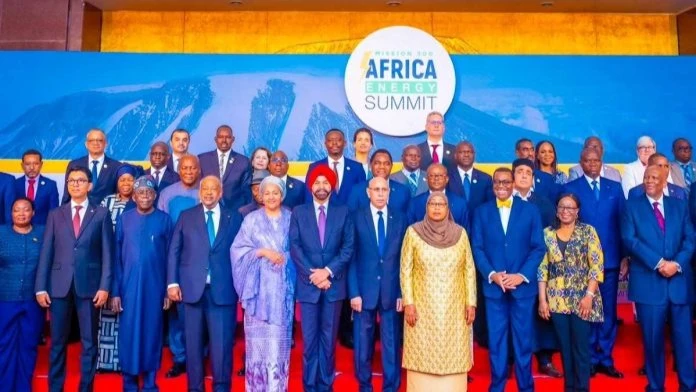Combating GBV essentially as behaviour issue could be costly

AS world marks the annual ‘16 Days of Activism Against Gender-Based Violence’, we have a new round of reflections on routine violence exercised against women and girls.
A key resident diplomat in Tanzania said at the weekend that GBV isn’t only a violation of human rights but also a major barrier to sustainable development – which is vital if one has the 2030 goals in mind.
People routinely experiencing the pangs won’t have the spirit to follow up on opportunities or obtain the necessary support as all endeavours have challenges.
The diplomat, leading the European Union delegation, laid stress on the importance of the government’s national action plan to end violence against women and children, acknowledging that progress had been made but much work remained to be done.
Indeed, some progress has been registered, but it needs some effort to determine if this shows that society is now more tolerant and norms are uplifted, or whether reduced violence goes in tandem with family break-ups and widespread visibility of homeless children, issues seldom raised in such discussions. Progress comes by twists and turns.
What also remained uncertain was how far there is sufficient resolve, steam or public resources to engender and sustain the fight against GBV, in hearing that it requires collaboration, commitment and innovation.
Gender-related affinities have an element of possessiveness and loyalty, whose traditional forms are now largely in abeyance. Thus, ending violence needs to find ways out of these reference points in ways where minimum self-acceptance can also be guaranteed.
One problem with the discussion was that it was development-oriented rather than socially affirmative, for example in suggesting that a country can’t achieve sustainable and inclusive growth if it doesn’t take bold steps to address GBV.
It is easier to see how the issue of inclusion is linked with the harnessing of women’s capacities and thus empowering women to lead their lives more fully in consonance with social opportunities.
Sustainability is a different matter as it relies less on individual effort than on collective strategies, sorting out imbalances of population, climate, etc.
One of the aspects worth lamenting has to do with the role of our country’s development partners in their commitment to supporting initiatives meant to prevent or otherwise respond to GBV and other vices.
Some express their wish to help ensure that global commitment to the “modelling” of a violence-free world by 2030 becomes a reality.
It should not be a distant hope or hollow dream whereas, when it comes to policy advice, they line up behind radical perceptions which see the retaining of traditional structures as positive.
Some supposedly development projects relate to offering thousands of families specified resources that would be used to modernise family labour structures, the core of oppression of women that global activists pain about.
However, they also have sentiments against commercial drift of society owing to the whole idea of widening the gap between rich and poor. Yet it is commercial shifts, including women’s ability to work and earn a salary, which basically freed women in Europe and America and thus enabled them to have respectful gender-based affinities. Economic uplift is key to respect in all gender settings.
Top Headlines
© 2025 IPPMEDIA.COM. ALL RIGHTS RESERVED

















